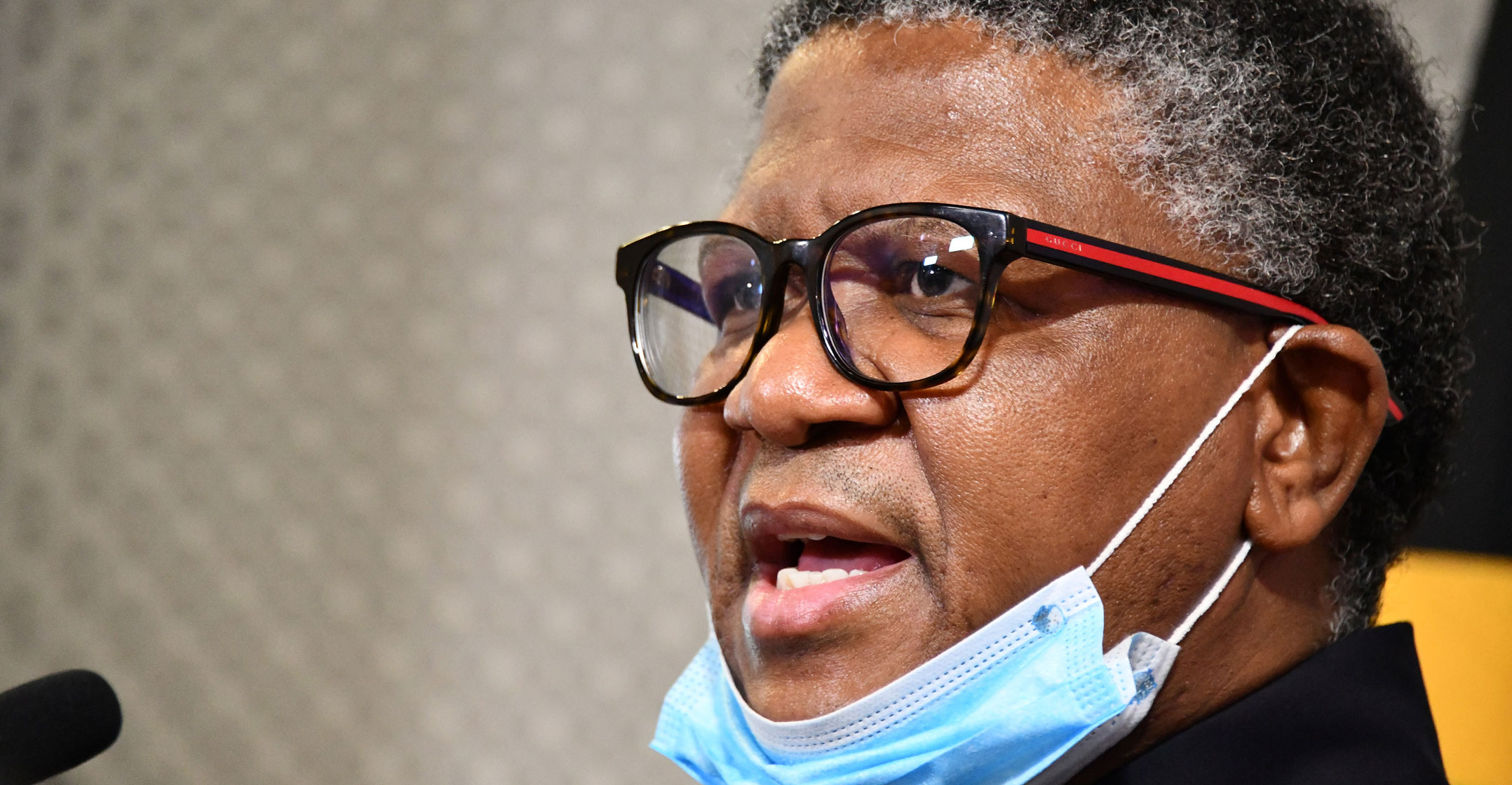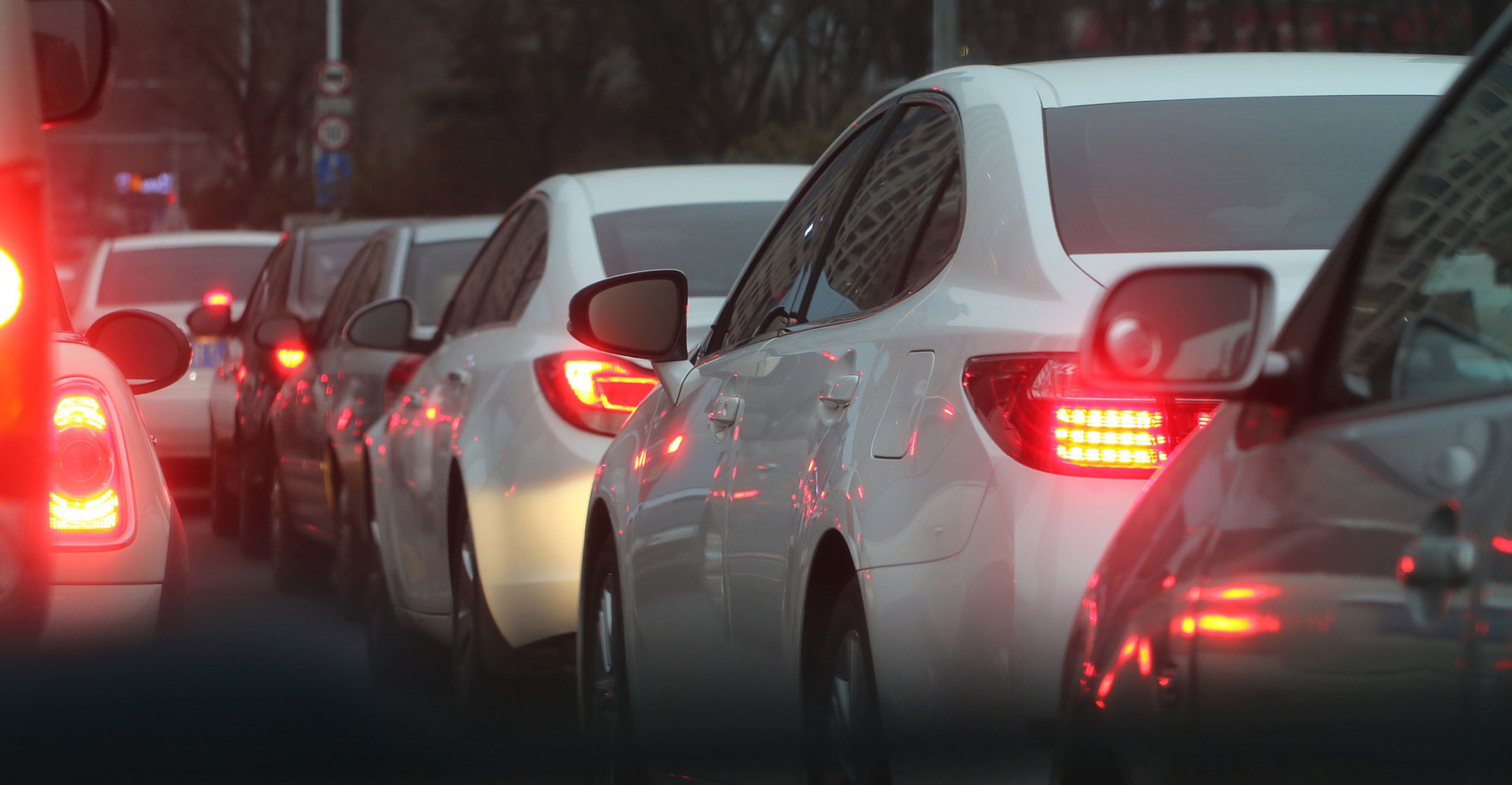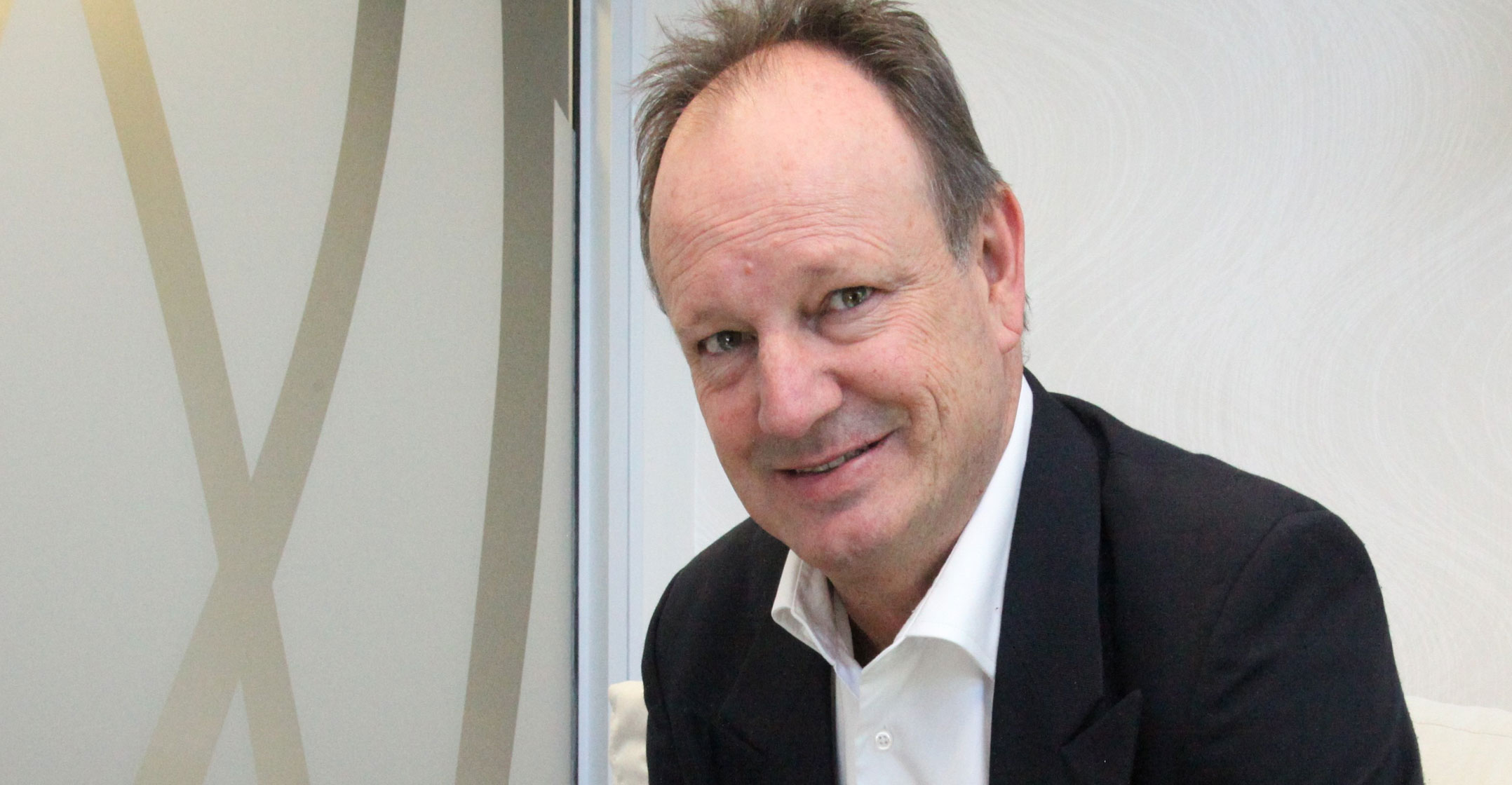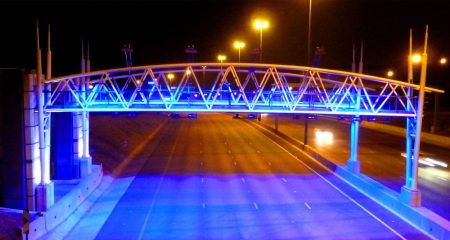
The driving licence renewal process has been plunged into further chaos, with reports suggesting that motorists will have to pay R250 just to obtain a booking slot to renew their driving licence.
This follows the publication by the department of transport of a notice in the Government Gazette for public comment about the proposed revoking of Road Traffic Management Corporation (RTMC) regulations published in April 2017 and proposed amendments to the fees payable for certain services provided by the RTMC.
The notice lists the fees for several services that will be provided by the RTMC in the driving licence renewal process. These include:
- A R250 online booking fee for the renewal of a credit card format driving licence;
- A R99 fee for the delivery of a credit card form driving licence; and
- A transaction fee of R72.
A report published by News24 on Tuesday under the headline “Minister Mbalula now wants motorists to pay double for driving licences and card renewals” claims Mbalula has proposed an amendment that “will see motorists pay R250 just to make an online booking on the failed e-Natis system”.
It suggested motorists will have to pay another fee for their driving licence renewal application to be processed. However, the Government Gazette notice did not list any separate fee for providing this service.
The Automobile Association (AA) and Organisation Undoing Tax Abuse (Outa) have both slammed the driving licence renewal fee proposals.
However, transport department spokesman Sam Monareng said on Tuesday that the RTMC had clarified the issue and confirmed that the transaction fee remained unchanged at R72; the R250 fee is the cost that is currently paid when motorists apply for a new driving licence card.
‘Nothing has changed’
“Nothing has changed. The only difference is that in future a motorist can opt to do these online rather than at the Driving Licence Test Centres (DLTCs) and they will be able to opt to have the documents delivered to them. Remember that driving licence renewal bookings are only done online. There are no more walk-ins, hence the R250 online booking fee,” he said.
AA spokesman Layton Beard said the Government Gazette notice is not explicit at all and “it’s not my job to clarify it on behalf of the RTMC”. Beard said the notice is very clear in that it says there is a booking fee of R250. “It doesn’t say this is included in the price of the card. It doesn’t say it is excluded in the price of the card. It doesn’t say it’s additional. It doesn’t make mention of any of that.”
The AA earlier said in a statement that the proposed amended fees for services offered by the RTMC “are beyond outrageous and show deep contempt for the citizens of South Africa”.
 It said the proposed fees – seen in the context of the poor to nonexistent service delivery rendered by the RTMC currently – seek to extract as much revenue from already cash-strapped citizens without providing any associated benefit to them. The AA said they also demonstrate a lack of sensitivity to the current plight of motorists who simply cannot renew their driving licences.
It said the proposed fees – seen in the context of the poor to nonexistent service delivery rendered by the RTMC currently – seek to extract as much revenue from already cash-strapped citizens without providing any associated benefit to them. The AA said they also demonstrate a lack of sensitivity to the current plight of motorists who simply cannot renew their driving licences.
Beard said the AA’s earlier statement is 100% accurate, adding that the RTMC is interacting with the public of South Africa by giving them half-baked information. “They don’t put any context or provide any explanation and there is nothing that says this is in and this is out. It’s left to everybody to make up their own mind and the RTMC has now got the gall to go on Twitter to say it’s (the licence renewal fee) included. How do I know it’s included? Where does it say anywhere in the Gazette that it is included?” he said.
The AA said the proposed fees must be seen in the context of the RTMC’s stated surplus for 2019/2020 of almost R262-million, which already indicates that motorists are being substantially overcharged for services rendered by the corporation.
“Further, the proposed fees should be seen in the context of the R9.3-million annual remuneration of RTMC CEO Makhosini Msibi who is responsible for ensuring all its systems work,” said the AA. “The driving licence renewal and vehicle registration system is broken and must be replaced. Yet amid all the delays and extensions, the only viable option government sees is to announce new fees for services which aren’t actually rendered.
‘Double-dipping’
“Why should citizens who are already paying taxes be expected to pay even more simply to make online bookings? This all amounts to ‘double-dipping’ by government purely aimed at revenue generation with no benefit at all to motorists, and with no tangible evidence of improved road safety in the country,” it said.
Outa CEO Wayne Duvenage said the notice is ambiguous and poorly written and the RTMC will have to retract and reissue it. Duvenage said the RTMC has only rolled out its online system in Gauteng and the notice appears to apply only to Gauteng, although the notice does not mention the province.
He said Cape Town has its own online system but a driver’s licence renewal only costs R140 not R250 – or R185 if your licence has expired. Duvenage doubts anyone could book online at a Cape Town DLTC using the RTMC’s system and questioned why the RTMC is charging R250, even if it includes the licence.

“They have already got their R72 (transaction fee). There is no clarity on what goes to the DLTCs and RTMC over and above the R72 because they are double-dipping here. This is a money-making racket. We stick to our guns on that. This doesn’t make sense,” said Duvenage. “If Cape Town can charge R140, including R72 for the administration, and give you your licence, why can’t any other city?” he asked.
About 10 days ago, transport minister Fikile Mbalula announced a number of interventions to address the chaos and long queues of motorists waiting for hours at DLTCs to renew their driving licences. Mbalula also further extended the validity period of driving licences that expired during the Covid-19 lockdowns.
In terms of that extension, all learner’s licences, driving licence cards, temporary driving licences and professional driving permits that expired during the period 26 March 2020 to 31 August 2021 “are deemed to be valid and their validity periods are extended for a further grace period ending on 31 March 2022”.
Mbalula confirmed then that Gauteng poses the biggest challenge because of the large population of motorists, and “the fact it remains the only province that has extensively deployed the online booking system”.
One of several interventions announced by Mbalula last month was to centralise from 1 September this year the online booking of slots and the release of these slots by the RTMC – and not the DLTCs. This was to address the massive backlog in the renewal of expired driving licences and corruption at the DLTCs and the selling of booking slots.
RTMC CEO Msibi said a punitive measure for “no-shows” for booking slots will also be introduced, with “no-shows” forfeiting the money they have paid online to secure the slot.
- This article was originally published by Moneyweb and is used here with permission




